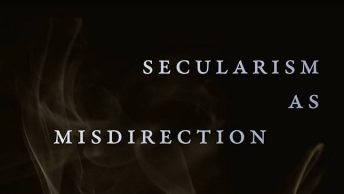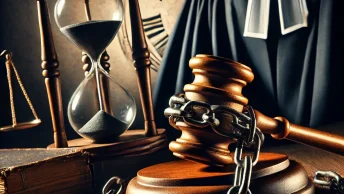Two interesting developments, both initiated by the Chairs of the two Houses of Parliament, are worth noting.
First concerns the an issue referred to the Committee of Privileges by the Vice-President and Rajya Sabha Chairperson Hamid Ansari. The question referred is whether members of the House who obstruct its proceedings violate the privilege of those who were entitled to ask questions but could not because of the obstruction to the proceedings. Whether the legal determination of the issue will have any practical ramifications remains to be seen.
The second issue has been raised by the Speaker of the Lok Sabha, Somnath Chatterjee. He has favoured making transparent the debates that take place in the Standing Committees of the House, a stand opposed by both the Congress and the BJP. The issue is an important one, and not entirely unrelated to the first one. Given how little legislative work actually takes place in the Houses of Parliament due to regular obstructions (the PRS website has useful tables tabulating hours spent in legislative activity), much of actual legislation (at least for the more important legislations) is delegated to various Committees. Although these committees do sometimes invite comments from the public on matters under consideration through links on the Parliament’s website, their debates and proceedings are largely opaque. The argument against openness, aptly articulated in the link above by Sushma Swaraj, is that opaqueness in the Committees allows MPs to argue on principle and not toe the party line. Ideally, this should happen in the Houses of Parliament as well, but they have largely become fora for playing to the gallery. Thus, legislators end up wearing two hats, one for public consumption and other other as policy-makers. The system encourages dishonesty and hypocrisy. In general, given that legislative business has mostly shifted to Parliamentary Committees, they deserve much more academic and media attention than they get at the moment.
Given widespread political consensus on both questions raised by the Chairs of the two Houses in favour of inertia, nothing is likely to change.





